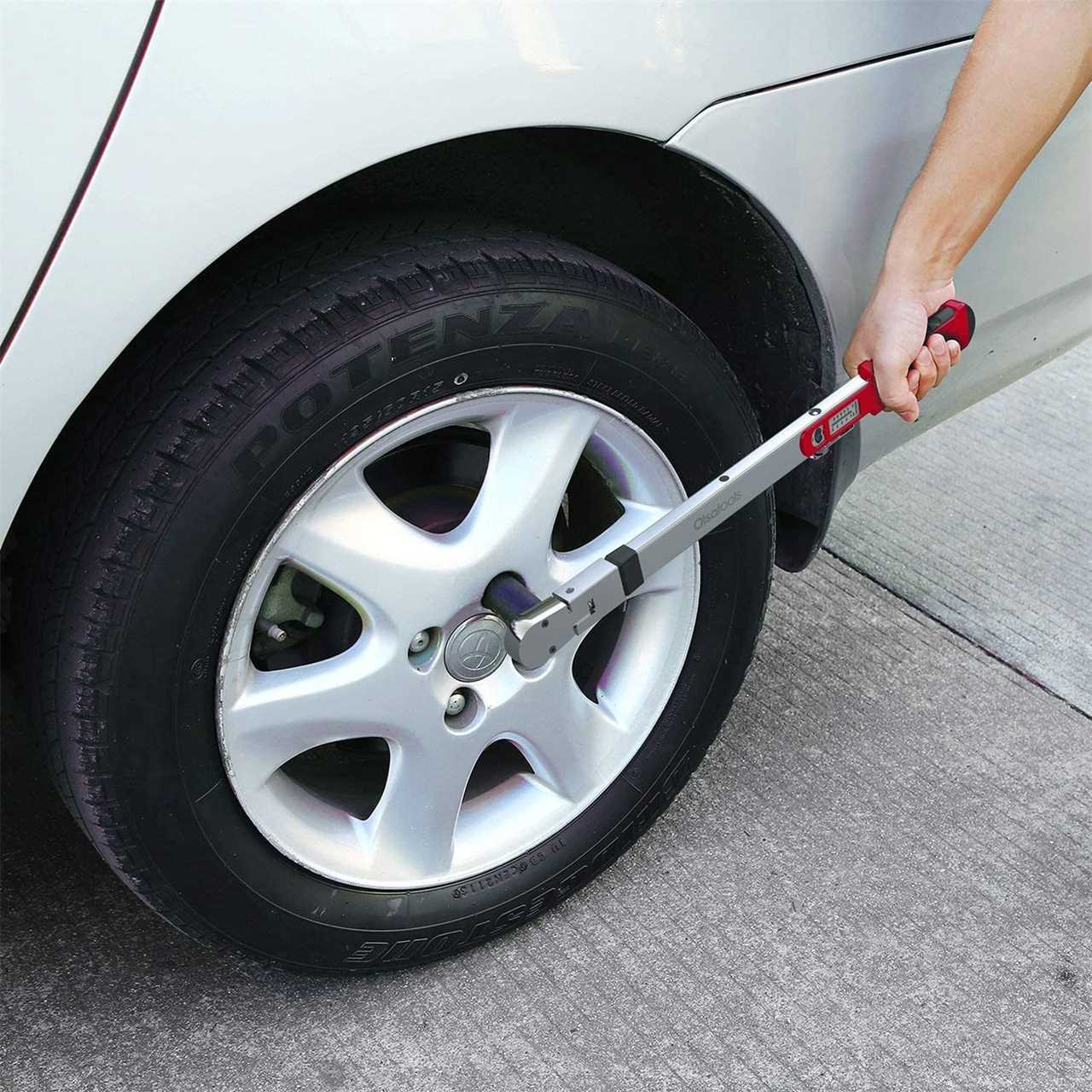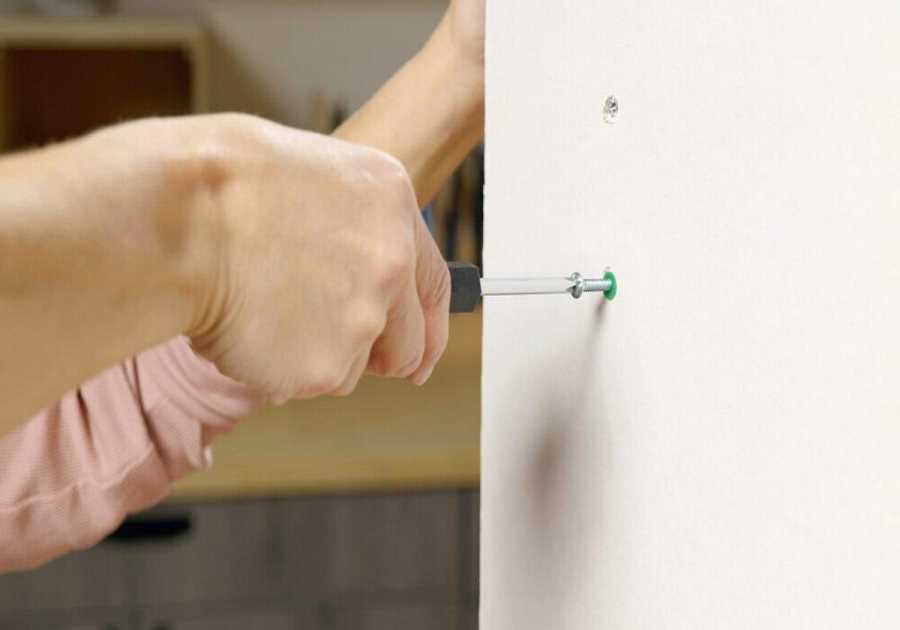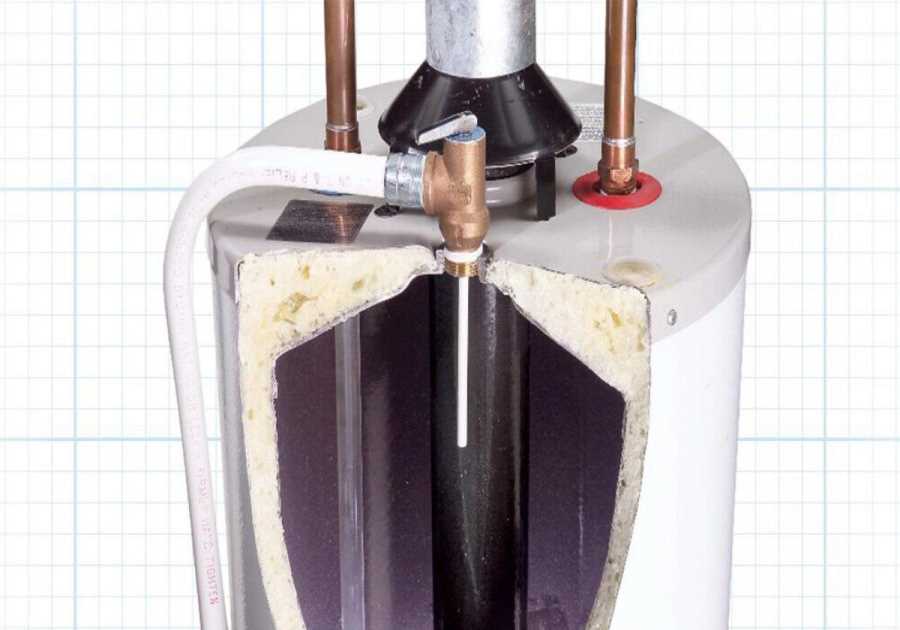
Buying a Torque Wrench
A standard crescent or fixed wrench is fine for basic home maintenance and repair tasks. But when you’re tackling automotive projects, you need a torque wrench.
Torque is the rotational force applied to a fastener like a nut, bolt or screw. A torque wrench lets you customize the amount of torque, ensuring automotive components connect properly so the vehicle operates safely and effectively.
Take these factors into consideration when choosing the best torque wrench for you:
- Style: There are four kinds. Click-style wrenches are the most common, using a rotating dial that clicks when selecting the desired torque. These wrenches need to be stored at their lowest setting to reduce calibration issues. Beam torque wrenches are simpler, with a large dial and needle to show the torque setting. Split-beam wrenches use two beams, one as an anchor and the other to apply the desired torque. Digital wrenches feature an LED screen to set and display the torque setting, emitting a beep the torque setting is reached. These are also the most expensive and require batteries.
- Head type: Torque wrench heads can be fixed in a single position or flexible. A flexible head can pivot up to 180 degrees, convenient for awkward or tight areas. Some wrenches feature reversible heads for left- and right-handed fasteners.
- Drive size: This indicates the size of bits you can use with your torque wrench. Choose from 1/4-, 3/8-, 1/2- and 3/4-inches, with 3/8- and 1/2-inch the most common and versatile.
- Torque range: Depending on its length and size, your torque wrench will have a range it can apply. This will usually be shown as lb.-ft. (pounds of torque per lever foot units) and can range from 0 to 300. Fasteners require different amounts of torque, so check the requirements of the items you’re working on before purchasing.
Did you miss our previous article...
https://rsssuperfeeds.com/life-hacks/8-best-wood-finishes-with-polyurethane






